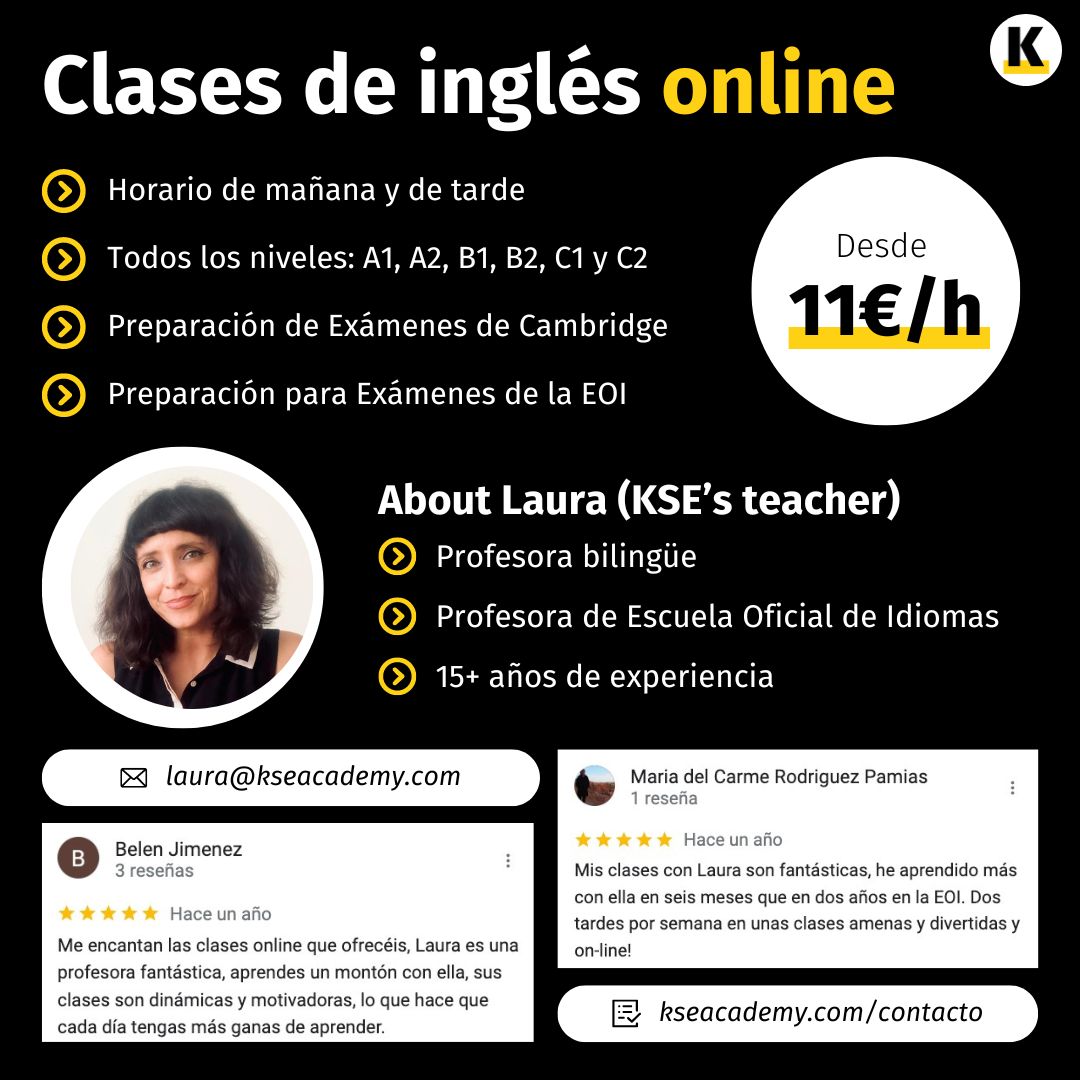A very common mistake English learners in regards to the use of certain words is when knowing the difference between hope and expect. This difficulty is particularly common at B2 and C1 levels, in my experience, as expect is not so commonly used at lower levels. So in this post I am going to tell you about how hope and expect are different and what that difference is, as well as the individual definition of each word.
What’s the difference between HOPE and EXPECT?
The meaning of hope
The definition of hope (as a verb) in the online Oxford Dictionary for Learners is the following:
Hope (v.): to want something to happen and think that it is possible.
Oxford Learner’s Dictionary
So basically when you say I hope… it’s because you want that thing to happen, whether you think it’s possible or not.
How to use hope
Now, another important point is to know how we use the word hope. So let’s see the different structures we can use with this term:
| hope + to-infinitive | I was hoping to see my family next week. |
| hope + for sth. | We’ve already got two boys so we’re hoping for a girl next. |
| hope + that-clause | I hope that your sister recovers quickly from the operation. |
In general, we use hope to express good intentions and wishes for the future:
RIGHT: I hope we can see each other soon.
WRONG: Iwish/expectwe can see each other soon.RIGHT: I hope you enjoy your stay in Greece.
WRONG: Iwish/expectyou enjoy your stay in Greece.
Let’s now look at expect.
The meaning of expect
The word expect is defined as:
Expect (v.): to think or believe that something will happen or that somebody will do something.
Oxford Learner’s Dictionary
So in this case, we use expect when you think something will happen, but not necessarily want it to happen.
How to use expect
In the same way as hope, expect is also used in some particular structures. Let’s take a look a them in the following table:
| expect + object | She’s expecting a second baby. |
| expect + to-infinitive | We expect to move into our new flat next week. |
| expect + object + to-infinitive | The company expects her to be early. |
| expect + that-clause | We expected that the guest house would have much better rooms. |
Expect also means ‘think’ or ‘suppose’. When expect has this meaning, we don’t usually use it in the continuous form:
A: Will he have bought the necklace by now?
B: I expect so. (Not: I’m expecting so.)I expect that he’ll be wearing that bright blue shirt. (Not: I am expecting)
When we expect that something will not happen or is not true, expect is most commonly used in a negative form:
I don’t expect (that) she will pass the exam.
I don’t expect her to pass. (preferred to “I expect she won’t pass…”)
Conclusion
So what’s the difference between hope an expect? While hope is a desire for something to happen (you want it to happen), expect refers to something you think will happen, even if you don’t want it to happen.
Did you find this useful? Share it with other teachers & learners and make sure you follow me on Facebook, Twitter & YouTube.
Oh, and don’t forget to keep smiling!
